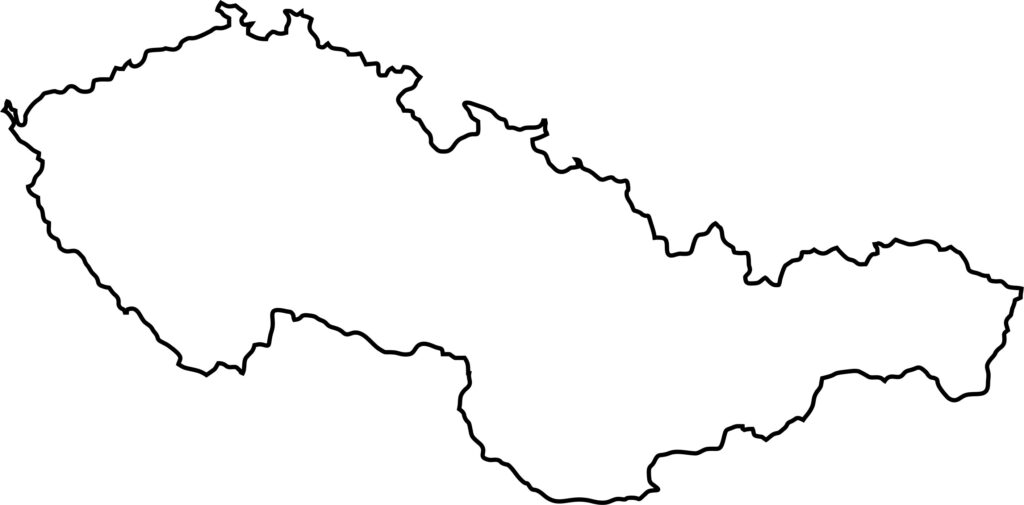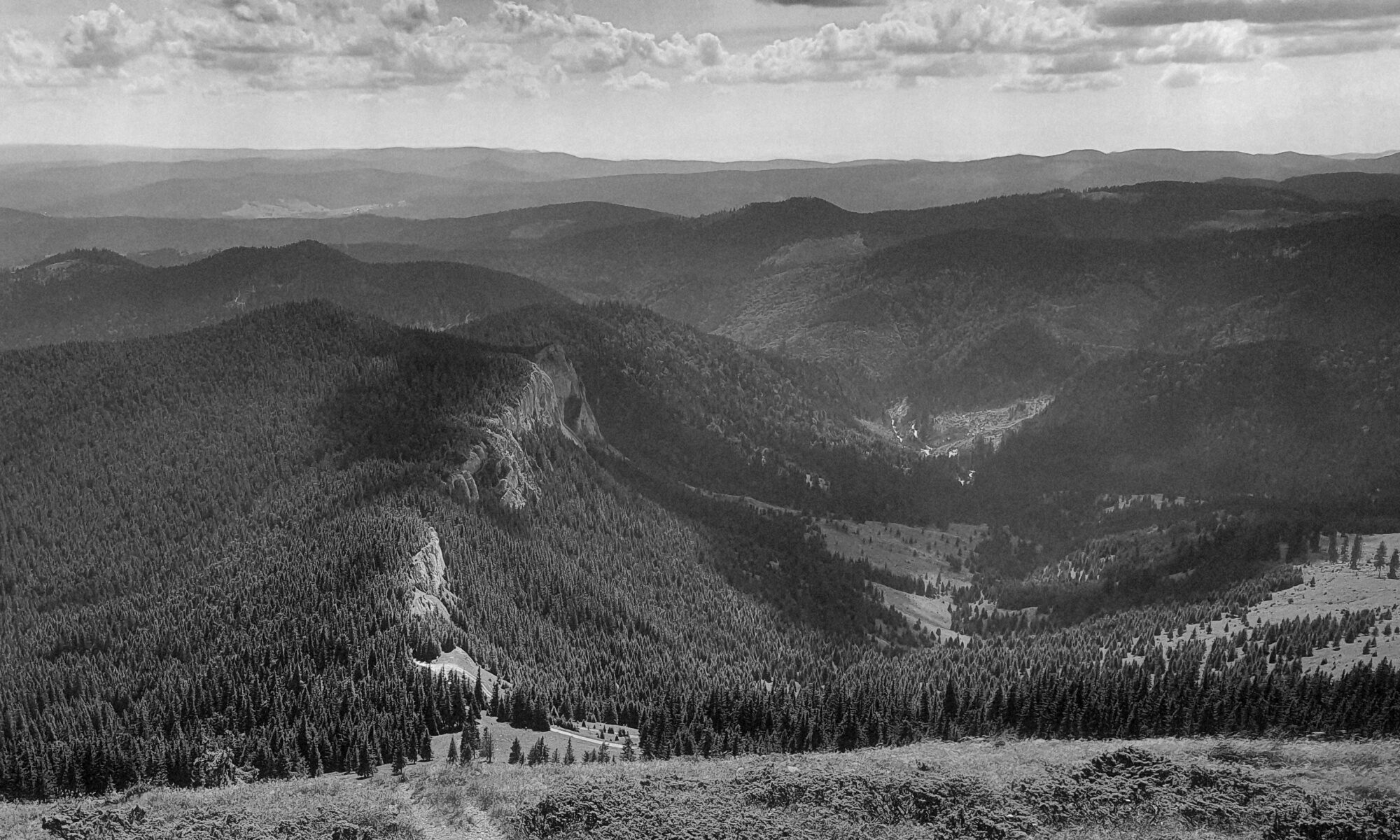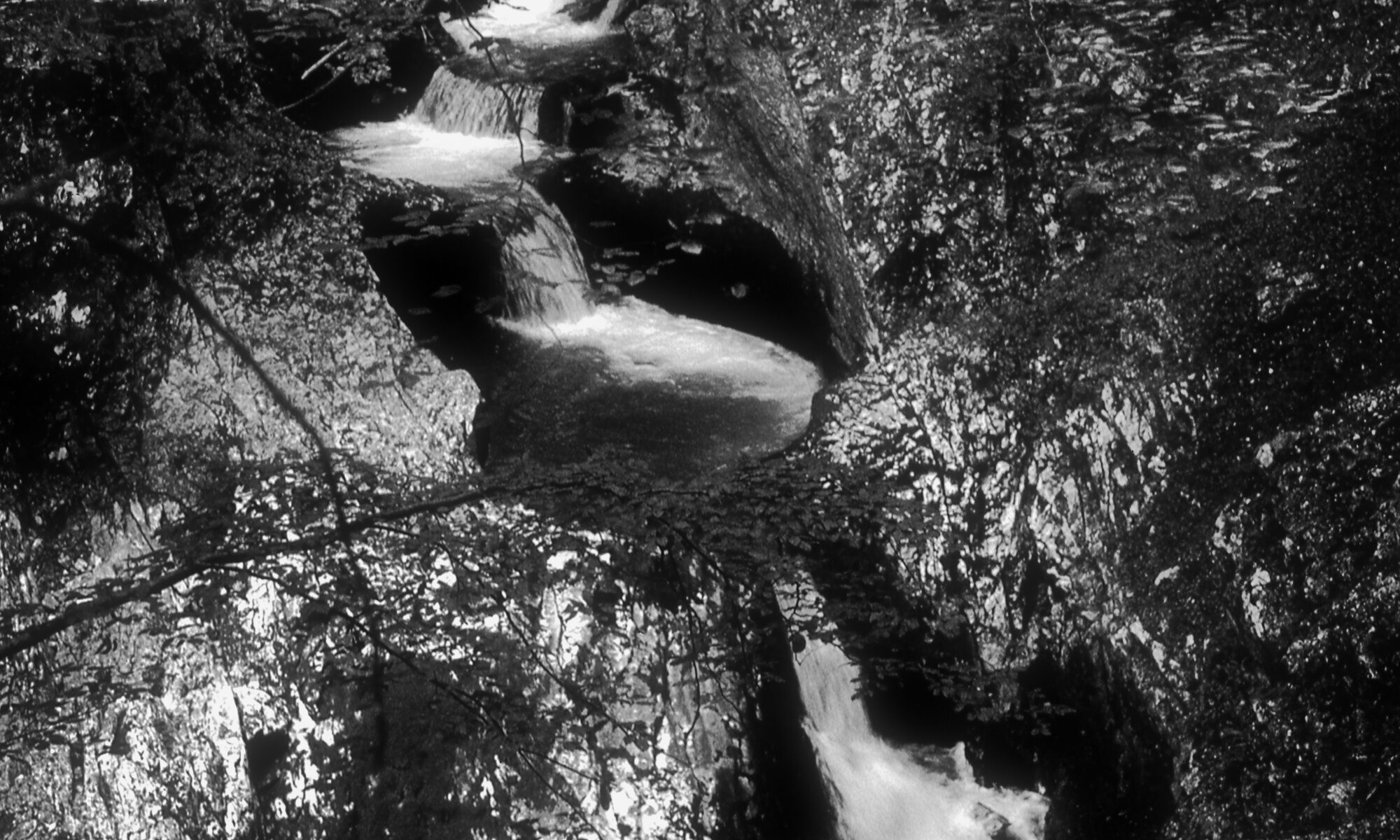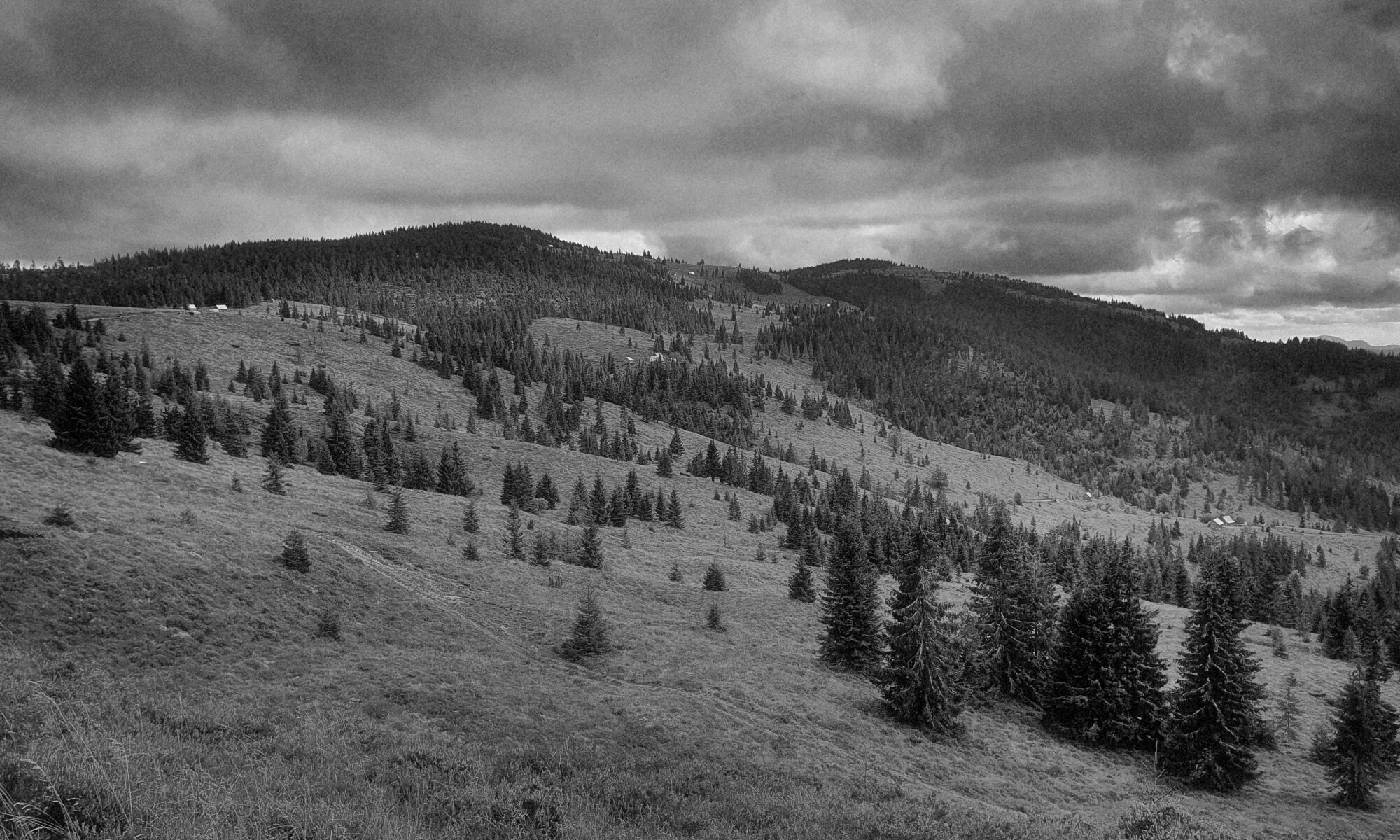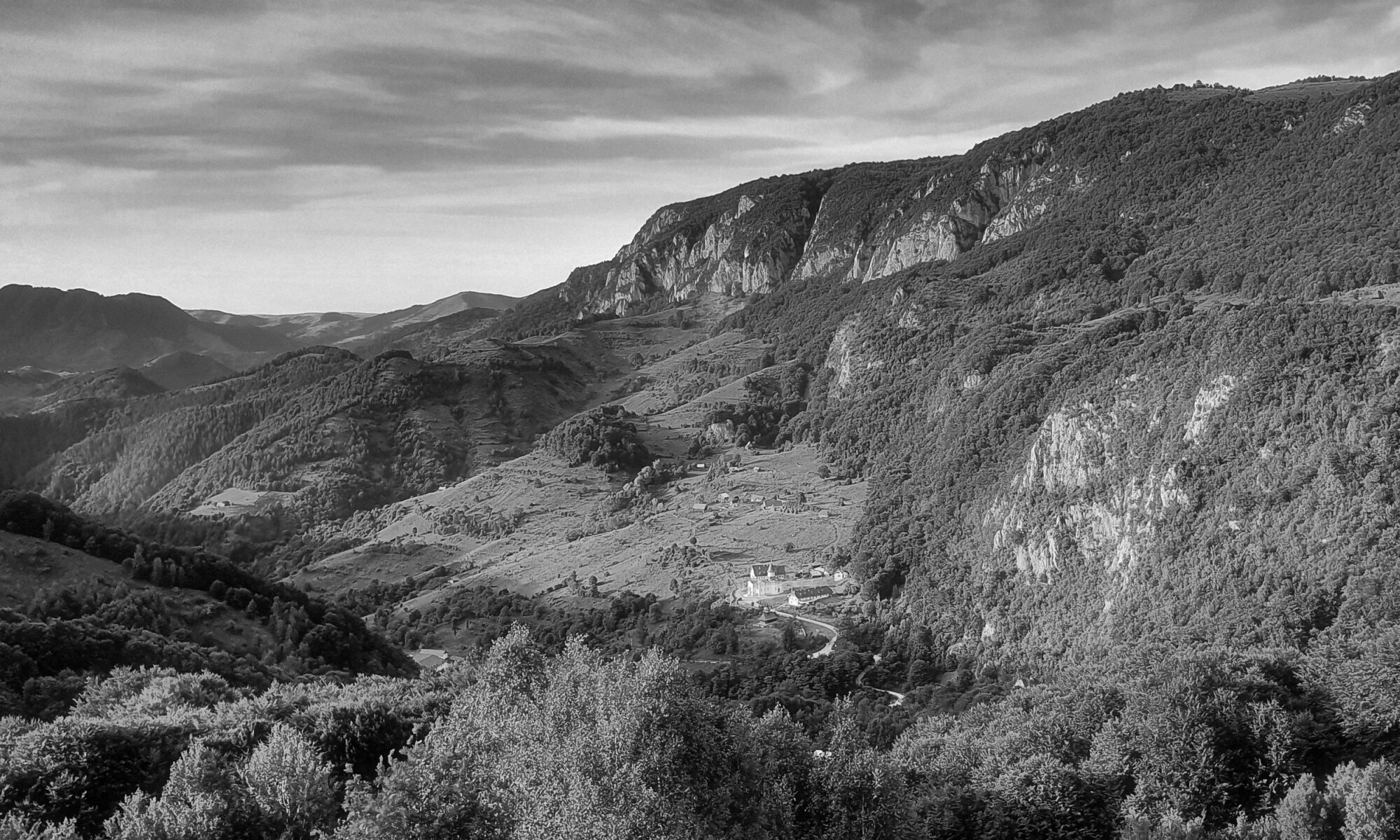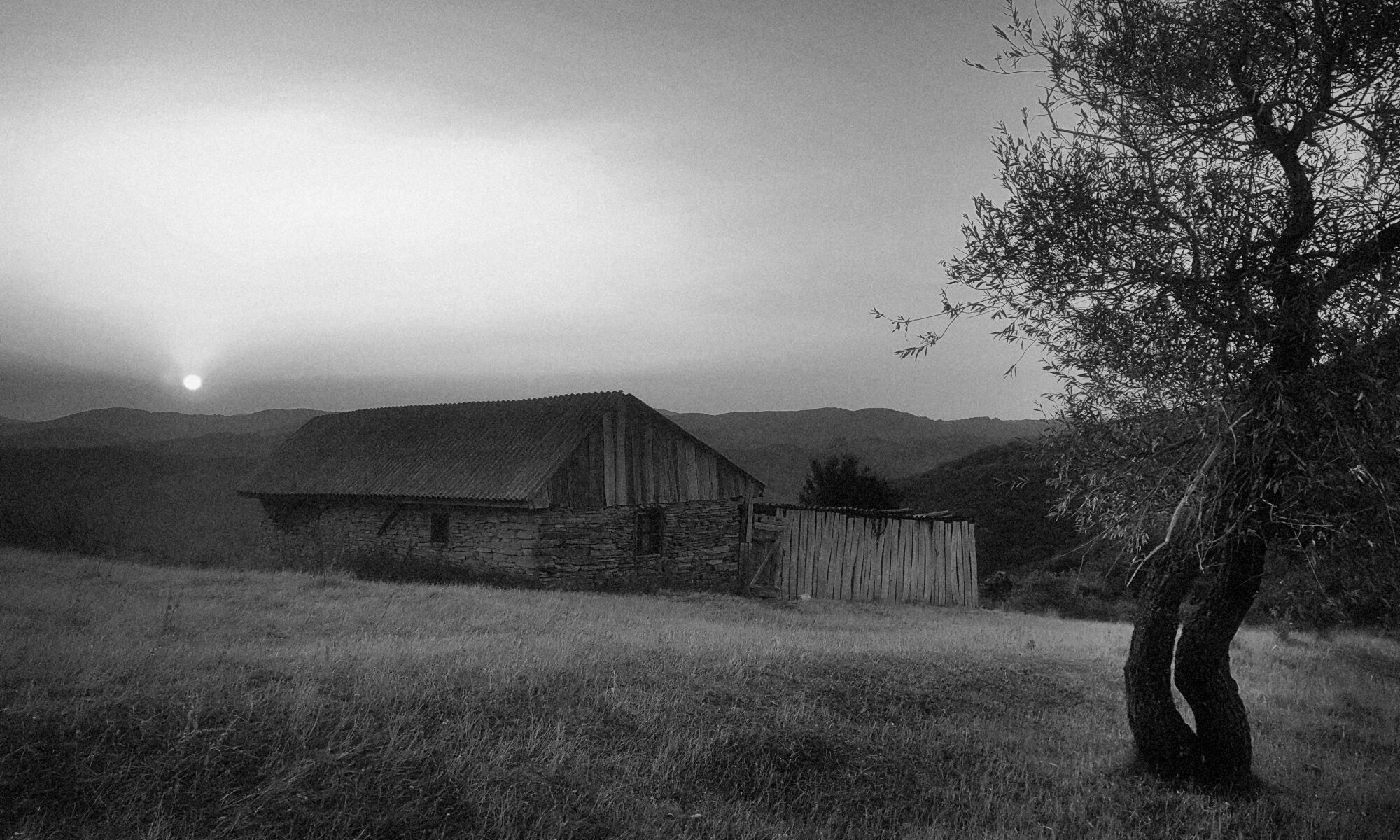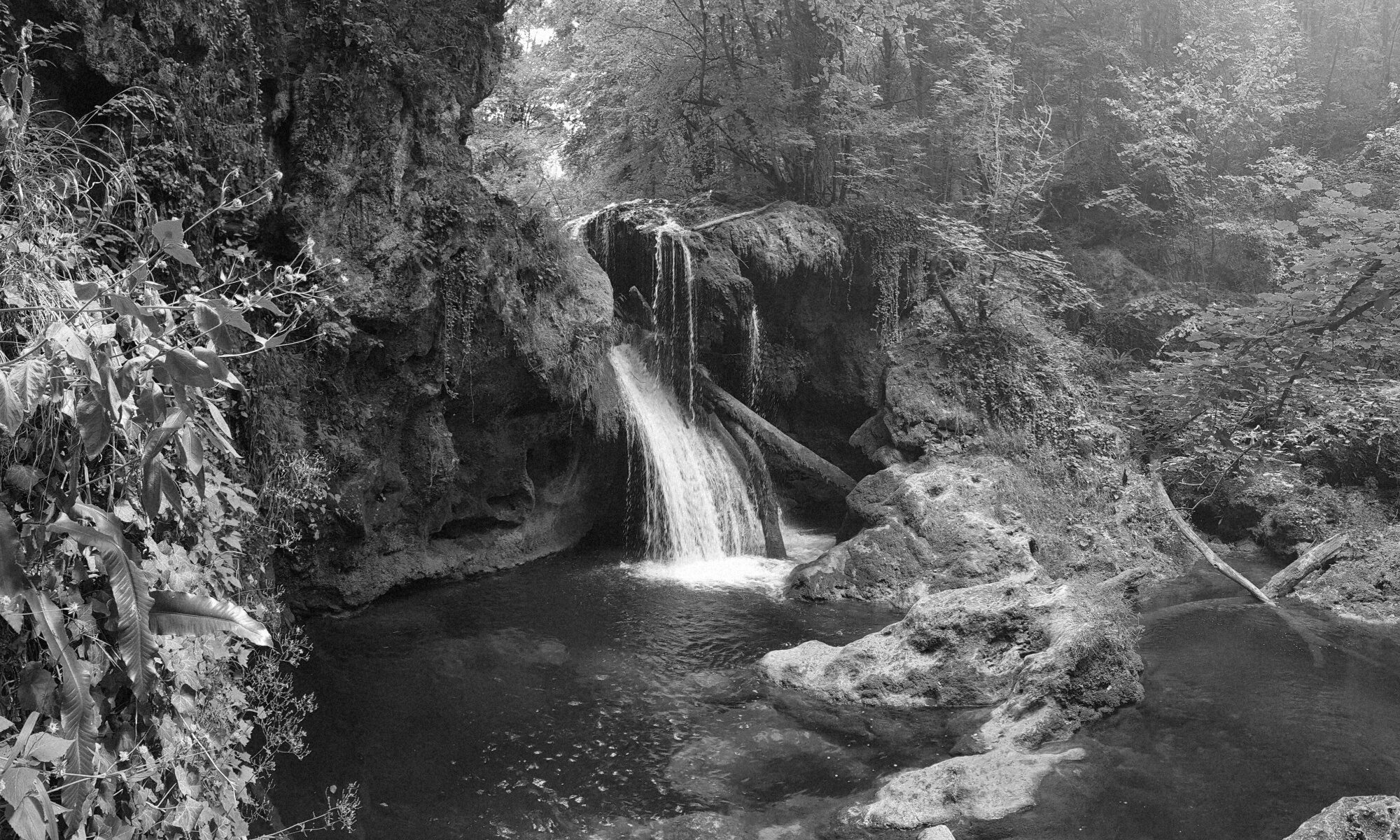The only people who never lose their way are the lamas of Tibet and Mongolia. Forever roaming the great expanses of High Asia, they travel tirelessly from one place to the next. Having no home, they can never lose their way, and having no aim they can never stray from the path. They go carelessly, ever happy, ever free.
Lady Evelyn E. Sloock, traveler, 1881
My face burns with excitement, little brother, for the first game is so important to understand, yet so hard to explain! If it goes uncomprehended, your journey will be a futile slog and any further reading a waste of time. The game of the light-hearted pilgrim, the light-footed pilgrim, the pilgrim of the small bundle – the most beautiful game of all.
It is good to begin playing it in youth. Not in childhood when legs tire and feet ache and all you remember of outings is the ice cream man. In youth. In the time when spirit is open and eager and the world passes through it as light through a church window: vividly, jubilantly. Unceasingly. Eternally. The spirit can yet be charmed and legs still have their spring. The body is a steed, the spirit its indomitable rider wielding gaiety’s banner in the sunny whirlwinds above.
I sometimes see such pilgrims, young and beautiful. Bright-haired, slim girls with heart-shaped patches on their trousers and bottoms like hearts upside down. Next to them sway young men like Prince Harald Fairhair of old. Carefree, tall with woven bags across their shoulders, nearly empty. Under one arm, a blanket, sandals on their bare feet. Envy their carelessness! They roam. Where to? Where will they sleep, what will they eat? Light souls! Those are true pilgrims.
Yet they are not alone. Pilgrims have walked the earth for thousands of years. People give them epithets, each age and continent has its own: ramblers, pilgrims, vagrants, prophets, sightseers, wanderers, saints, rovers, wayfarers, drifters, wandering preachers, journeymen, travelers, tourists (what a funny word!), hobos, explorers, tramps, lamas. They move from place to place. The truest of them have no home, the others give theirs up for the duration of their travels. Some admire them, others despise them. Muhammadans pray for them for they loathe aimless tramping and pity the traveler and his tired feet, rubbed raw on the parched cliffs. They sit at home sleeping through the hot afternoons, smoking hookahs, drinking tea and shelling sunflower seeds. And why not? That, too, is beautiful, though too easily won, my downy little brother! First, toil and trudge for days on end – the longer the better. Then long afternoons of repose, marked by the tick-tock crack of sunflower seeds, will acquire their deepest meaning. A pilgrim traveling from Tarsus once remarked that while it is good to try many things, one must never let go of what is best. There is no place to experience greater good and hardship than on a journey far from home. Discovery is the essence of traveling.
It might appear that the days of footloose wayfaring have vanished forever. That the times of the rover, the journeyman and the wandering monk are no more, and that the tracks that led past haystacks, around millraces and into monastery gardens have become disused and overgrown. However, the yearning to march freely over open countryside has remained and given rise to something new,
something which is at once beautiful and terribly deformed. Outdoor tourism. The second word holds almost no meaning, it is as empty as the word “world”. “TOUR” comes from the French meaning a journey around something, to walk around, sail around, fly around. It signifies both a walk and an excursion, a ride and a trip. A tower, a revolution (of a wheel), and the wheel itself; a turn, a circumference, a lap, a lathe, a sleight of hand. A butterball, a porker, a fatty. There are many meanings and many kinds of tourism and many types of tourists. A whole range of them from those oppressed by mammon and dependence, to those as light-footed as a bird.
I feel no pity for the first of them. They pay for their own millstones and sell their incapacity for self-reliance to travel agencies. Unfortunates! Their punishment will be swift. They fly around the world in metal boxes while the poorer of them contract heat rashes from sitting in sweaty, poorly ventilated coaches. They all have one thing in common: they return from their journeys maximally unrefreshed, feeling as if they have just mushed a delicious breakfast, lunch and supper into a disgusting sludge and swallowed it all in a single gulp. More courageous butterball-tourists sit behind the wheel of their smog-producing, combustion-powered automobiles. An air of heaviness rests upon them from beginning to end. Mountains gleam above them in the sunlight, forests on hillsides sway like seaweed meadows in the fragrant breeze. But they beckon in vain – asphalt has shackled these travelers and pulled them to the ground. They are not true pilgrims, for they have succumbed to matter.
Fat-thighed fellows in fuzzy, knee-high socks belong to what can be called the royal class of tourists. The heavy pilgrim. With great “backbreaker” packs atop their shoulders, they trek through mountainous country imperviously. They often stay in cabins, though the more valorous of them set up tents in tourist campsites. They love the society of their peers, they are noisy and travel together in droves, breathlessly seeking tourist badges, posters, certificates, and acknowledgment. They are the salt of the tourist earth. They maintain the pilgrim consciousness, yet take joy in counting up all the miles they have walked along their rigidly-planned routes, senselessly reporting the information to someone somewhere, and blanketing the forests in thousands of color-coded trail signs, the more, the merrier. Those with the fuzziest knee-highs may indeed be trophy holders, some even champions of their sport!
Then there are the boaters, the cyclists and the mountain climbers. However grand these pilgrims appear, they cannot go everywhere. Their spirits may soar mightily and freely, but their bodies are bound to water and boat, road and wheel, cliff and rope. They are not light. I know that from experience, I was one of them. Traveling, scientific expeditions and mountaineering treks no longer count as wandering; all the necessary metal and food and obligations and responsibilities make lightness and joy impossible. These are but a few kinds of tourists, there are many more I have not mentioned. The words of Saint Irenaeus of Smyrna still ring true today: “God is certainly not too poor to lend a pilgrim his own soul.” Seek your own interpretation, meaning and joy.
Thus, little brother, I shall write only of the lightest pilgrims, of the noblest tourists – often impoverished and wild – of the birds among wayfarers, of those who today would not hesitate to set out for unfamiliar mountains and forests, taking with them only what they can carry, not fearing how one day will end or what will transpire the next. They wander in sunshine and rain, alone or together, lightly and carelessly – poverty their greatest freedom. They join hands with brothers of old who, with nothing but a clear mind, a beggar’s bowl and a loin cloth, walked through the Umbrian sunlight, the Theban sands and the Tibetan winds. Theirs is an ancient yearning. Thousands of years ago, an Egyptian scroll revealed what awaited them: “The pilgrim walks through the desert carrying bread and water on his shoulders as a donkey carries its burden. The bones of his back are bent and his drink is stale water.”
Our homeland has no deserts, the people I write about wend their way through forests and mountains. Such journeys have many names – hiking, backpacking, camping – and such travelers usually visit a region only once. Whether that is good or bad is a matter for debate. But at least their first impression of a place is never diluted by a second, and they experience no disappointment upon returning to discover so much has changed. Where they arrive, they sleep, they linger where they like. They eat what they find and usually carry no tent.
Many have not survived such existential uncertainties, but our travelers flourish in it. Uncertainty keeps their minds limber and luminous. They know neither the hour nor the day; seldom do they fall ill; if they get wet, they dry: it is as simple as that. They must be self-reliant and are proud to balance days of self-sufficiency with the lightest possible knapsack. It gives them confidence. Such pilgrims can venture into far-flung regions where heaviness and comfort, fussiness and caution do not allow other tourists to go. It is difficult to reconcile self-sufficiency with lightness, long is the journey to that aim! But it is essential, for only with a light pack can the spirit leave the body and soar above in wind and joy – the very reason for embarking on such light and distant journeys. In vain do those without this gift drag their bodies through mountain forests! The spirit in the mountains soars highest when the pack is light enough to be worn on one shoulder. This is no easy feat, however. Mountains are high, forests deep, people far away and the body is a demanding steed: in the day it needs food, at night it craves warmth.
Many useful qualities are nurtured on such summer journeys. Modesty. Independence. Endurance. Respect for the earth and local peoples. Conquering one’s fears, overcoming dejection of body and spirit. You explore the land as an ant senses with its feelers. Time passes slower, too, dissolving into individual points in time; it is as if you are living in another dimension. You remember more from one month’s wandering than from all the previous eleven months combined. A year’s worth of banalities swiftly fades into the well of oblivion, but the fullness of experience from a few summer weeks spent wandering the mountains radiates from you for years to come. Those eleven trivial months, however, need not be fully wasted – they can be spent pouring over maps. From them, as if by magic, arise the lands to which you will turn your feet the coming summer.
My face still burns. Too vaguely, too tepidly have I described the beauty of light-footed pilgrimages. I fear you will not be roused by the blissful thought of such a journey. But one final and glorious card remains. Do you know what so intoxicates on such feather-light voyages, little brother? Freedom! The enthralling river of freedom from the first sweet breath of morning, so deep it pricks in the pit of your throat, to the final slumber of evening which falls upon the weary body like a warm and wooly beast. Only while traveling are you truly free, my light-winged bird!
You sit atop a bare ridge amidst unfamiliar mountains, the silvery grasses blowing in the wind. Like a polecat, the Carpathian evening approaches, dark and furtive. Silence. Below you, nothing but Transylvanian forest, no other sight to catch your eye. Green ridges and foothills flow like streams out of the mountains, the solitude is absolute. Such places do exist. Which way will you go? There is no bed waiting for you, no food has been prepared. Yet wherever you are, you always get a good night’s rest and you never die of hunger. Which direction do you go? You can travel wherever you wish, you are free. Head for the northern valleys and from there to the river currents and stony banks of the Bucovina. Or turn towards the southern ravines, following them to the distant wormwood pastures of Wallachian plains. Or venture eastward to where the mountains tumble down into Moldova. It will be beautiful wherever you go and just the way you make it. You fear the unknown, but know with crystal clear certainty that your home is wherever you choose to be. You will never lose your way, you carry everything with you; wherever you arrive, that is your aim. The wind blows silvery, no other sight to catch your eye. Cool air wafts from strange forests. Somewhere within them you will make your bed and drink from their waters. The unknown lies all around you. Long would you sit among the grasses with the rock at your back, but the time has come to decide: evening’s cloak is growing darker. You rise like an animal, scenting the wind with your nostrils. And then it comes, the brief moment of freedom, like an arrow racing through the air. Now you know which way to go.
The unknown before you, the unknown behind you, only the polecat paws of night rushing to meet you. That sweet, heavenly second of freedom!
